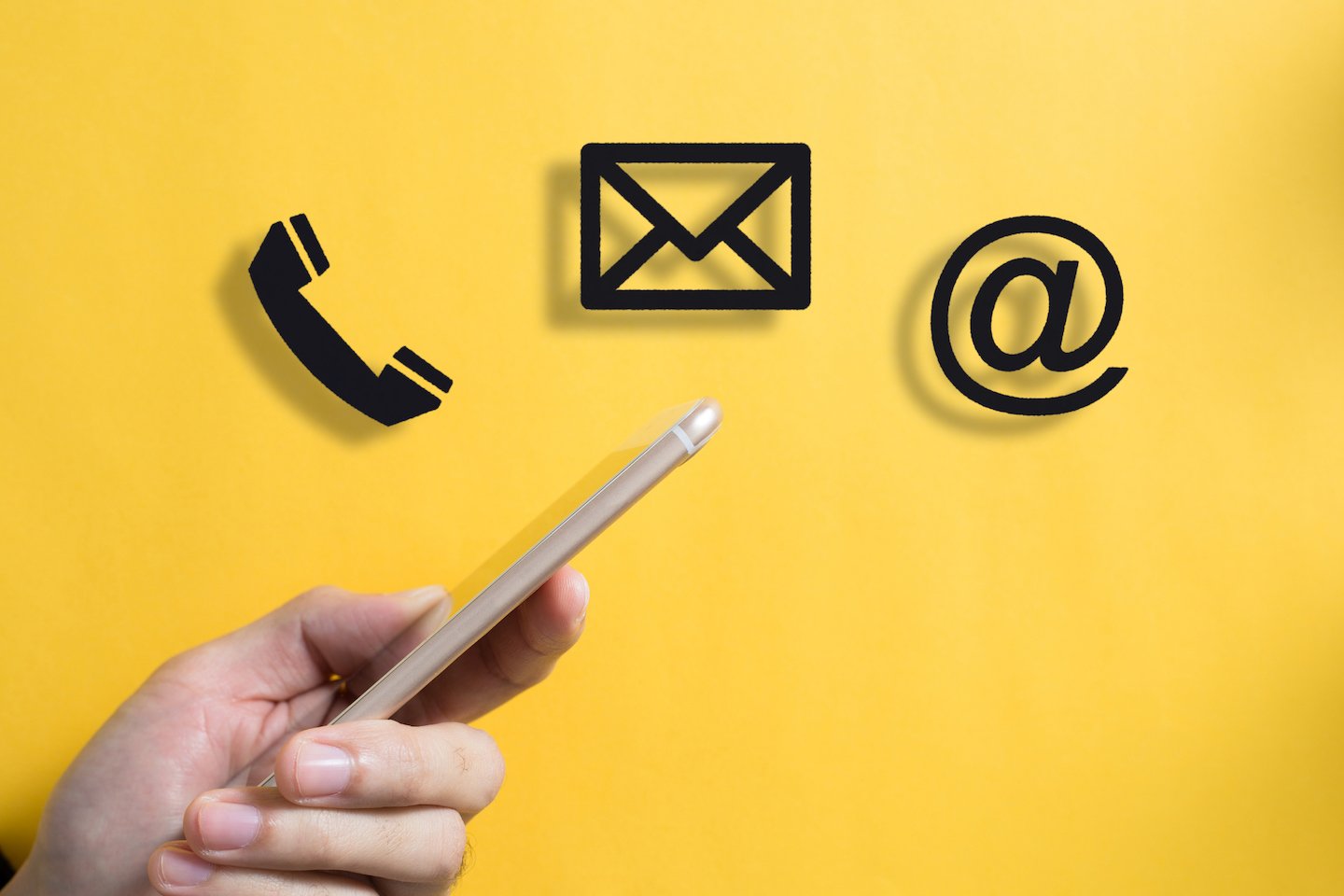How to Manage Distractions and Interruptions at Work
How often do distractions and interruptions sideline your work? If you’re like most professionals, dealing with distractions is an inevitable part of the workday.
You have meetings to attend, incoming phone calls to answer, random drop-ins from coworkers when they have a question, endless email notifications, and the list goes on. If you’re trying to work-from-home with kids right now, carving out distraction-free time is even more difficult.
There’s no way to completely remove distractions from your workday, but you can learn how to manage and mitigate interruptions. Here's how to spend less time battling distractions so that you can focus on what matters most in your small business and career.
Note: This blog will incorporate language from the sell sheets (professional call support/phone answering)
1. Turn off notifications on your devices
The persistent ping of notifications interrupts your workflow and makes it difficult to get things done.
Luckily, there’s an easy solution — simply turn off notifications on your phone, computer, tablet, and other devices.
2. Establish boundaries with coworkers and family members
While you can’t control other people, you can set boundaries with coworkers, family members, and anyone else who might interrupt your workday.
Boundaries can take on many forms, like closing the door to your office or putting on a pair of noise-canceling headphones. No matter how you choose to establish boundaries, be sure to communicate the rules. A simple statement like, “I need to deliver this report by lunchtime, so I’ll be unavailable this morning” should do the trick.
3. Control self-inflicted distractions
These types of distractions are the ones we inflict on ourselves, like checking social media and mindlessly browsing the internet.
If self-inflicted distractions frequently derail your day, here are some ideas to try:
- Download an extension for your browser that blocks your favorite time-wasting sites.
- Schedule time to check your phone and social media accounts, like at lunch or during a break.
- When you see an interesting article, save it for later instead of reading it immediately. A tool like Pocket can help keep your reading list organized and easily accessible.
4. Outsource common distractions, like phone calls
If you receive a lot of phone calls during the day, it can be nearly impossible to stay focused. One option is to let all calls go to voicemail, which can certainly work for some professionals.
That technique doesn’t work for everyone, though, especially if the calls you receive are from leads, prospects, customers, or anyone else who needs a timely response.
You could hire a dedicated receptionist to handle the phones, or try a phone answering service. However, keep in mind that all phone answering services are not created equal.
For example, Intelligent Office’s phone services ensure every call gets answered by a local Intelligent Assistant who knows you, your business, and who acts as an extension of your team. We offer everything from basic reception services to full client engagement, including call screening, intake, customer service, scheduling, and more.
Before choosing a service, we recommend reading these two articles to learn more about finding the right fit:
- 4 Things to Look For When Choosing a Phone Answering Service
- How to Get the Most From Your Phone Answering Service
5. Learn how to focus more effectively
Focus is like a muscle. The more you train it, the stronger it will become.
Most of us weren’t born with a natural ability to focus intently, but we can strengthen our “focus muscles.” Over time, it’ll become easier to focus on a single task without becoming a victim of distraction.


